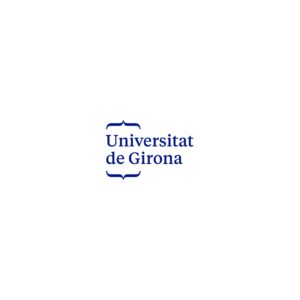The University of Girona (UdG) is a public higher education institution that excels in research and is involved in social progress through the creation, transmission, dissemination and criticism of science, technology, the humanities, social sciences and the arts. It is based in the city of Girona and is part of the Catalan system of public universities. It is an economic and cultural driver of the region with a universal mission, and it is open to all the world’s traditions, advances and cultures.
The city of Girona is in the north-east of Catalonia, a short distance from the French border. The city is very well placed within Europe, as it is near the main motorways, railways, and airports. Many regular bus routes stop in the city and connect with the other cities in Catalonia as well as routes to other European cities. Girona also has a good rail network, with medium-distance regional trains and high-speed trains (AVANT) connecting it with the city of Barcelona in 38 minutes. Likewise, the AVE line connects Girona with different cities in Spain and Europe, with all the advantages that high-speed travel implies in terms of distances and travelling times.
The UdG community encompasses 15,316 students and 1,421 teaching and research staff. It has 161,496 m2 of built surface area distributed in 9 faculties and schools, 6 affiliated centres, 12 own research institutes, 3 campuses, 24 departments, and 40 chairs. The UdG has 3 affiliated research institutes from the CERCA (Research Centres of Catalonia) network: the Catalan Institute for Water Research (ICRA), The Catalan Institute for Cultural Heritage Research (ICRPC), and the Girona Biomedical Research Institute (IDIBGI). Such adscription ensures the reciprocal use of the general services and a coordinate action in terms of research and research facilities. In particular, IDIBGI coordinates all the biomedical research of the institutions of Girona and received in 2015 the “HR Excellence in Research Award”.
The UdG has a consolidated quadruple helix structure in sectorial campuses, thereby making it essential to foment the sociocultural and socioeconomical development of the region. The programme of sectorial campuses of the UdG enables the relationship university-companies and drives the technology transfer and business innovation. Currently, the UdG has 10 sectorial campuses. More information:
